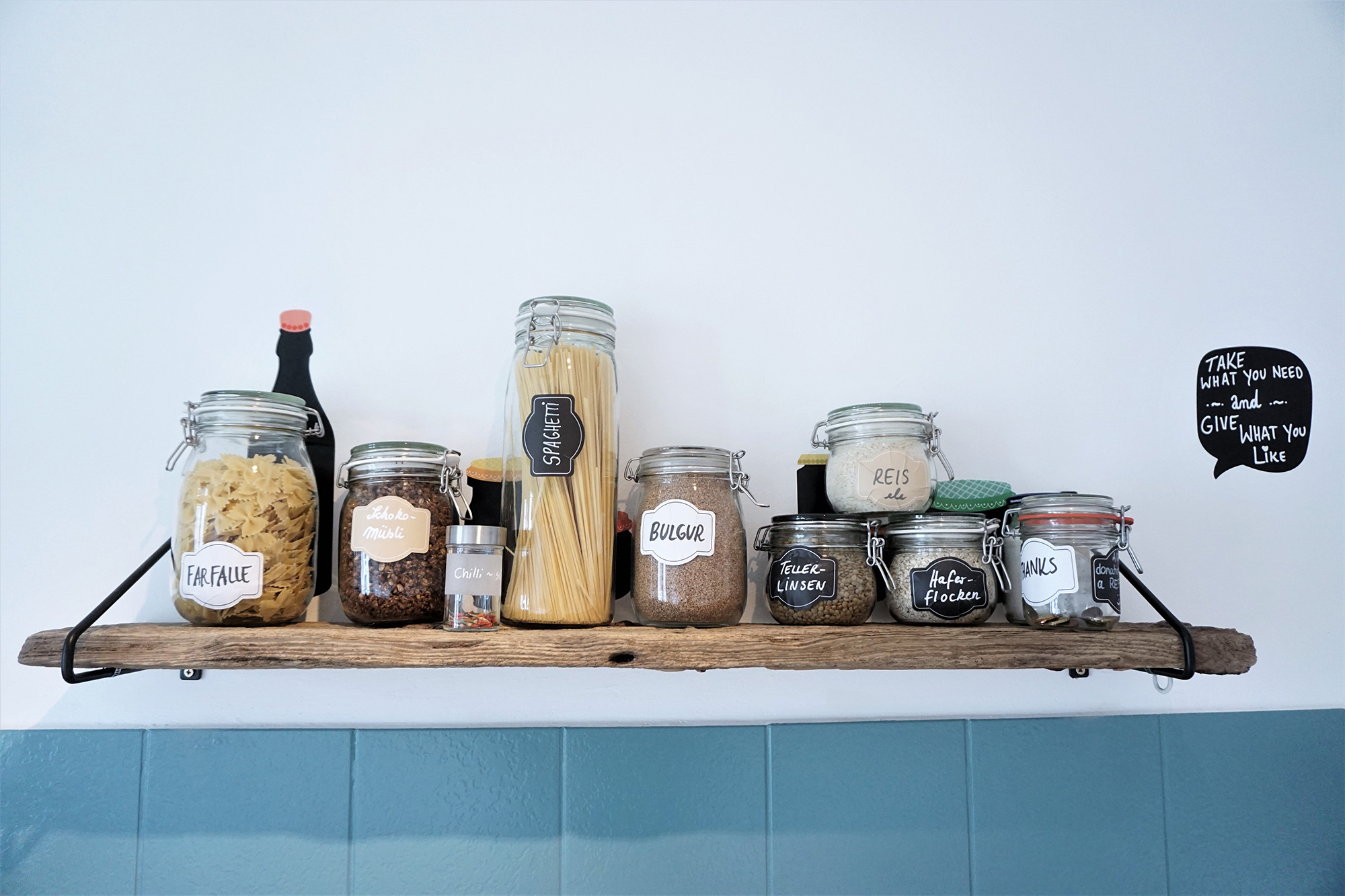
Travel packaging-free
More and more people attach importance to doing their purchases with as little plastic or packaging as possible. This is made possible by so-called unpackaged stores that are conquering more and more cities, such as this list shows. They not only save a huge amount of packaging that ends up in the trash shortly after shopping, but also money. Because you can fill your own containers according to your individual needs. In this way, you also waste less food. And - since many unpackaged shops place special value on certified organic or regional goods, you can also enjoy high-quality food.
But what does it all look like when you travel? Can you travel without packaging at all? And what can something like that look like? In this post we would like to give you tips that will help you to make your next trip free of packaging or plastic.
1. Packing tip: lunch box made of stainless steel
With your own lunch box, preferably made of stainless steel, you don't have to do without the seductively scented croissant at the train station, you can have it delivered straight to the box. Of course, you can also fill the can yourself with delicacies from home in advance.
2. Packing tip: bottle made of glass or stainless steel
With your own bottle made of glass or stainless steel, which can be refilled again and again, you save a lot of small plastic bottles that you would otherwise need. Incidentally, in most countries in Europe you can drink the drinking water without hesitation. There is one here detailed list the tap water quality of the various countries (in English).
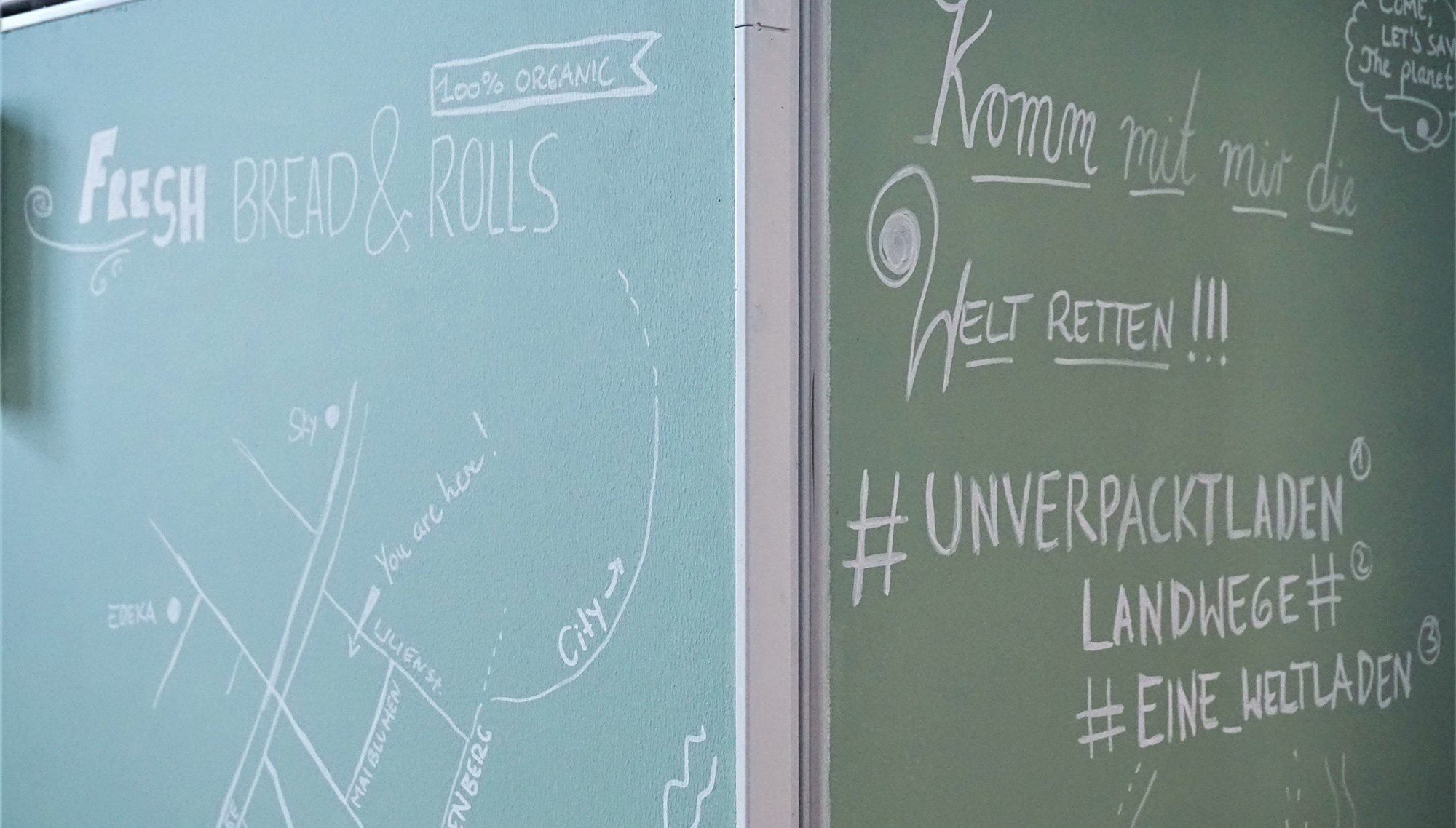
3. Packing tip: three-in-one cutlery
With cutlery that combines fork, knife and spoon, you are always adequately equipped and can enjoy your salad or muesli on the go. This also saves you a lot of plastic waste in the form of disposable cutlery.
4. Accommodation tip: Green Haven in Hamburg
The choice of accommodation also plays a major role on packaging-free trips. In accommodations in which you mainly take care of yourself (such as holiday apartments and houses), you can control it particularly well to make your trip really packaging-free.
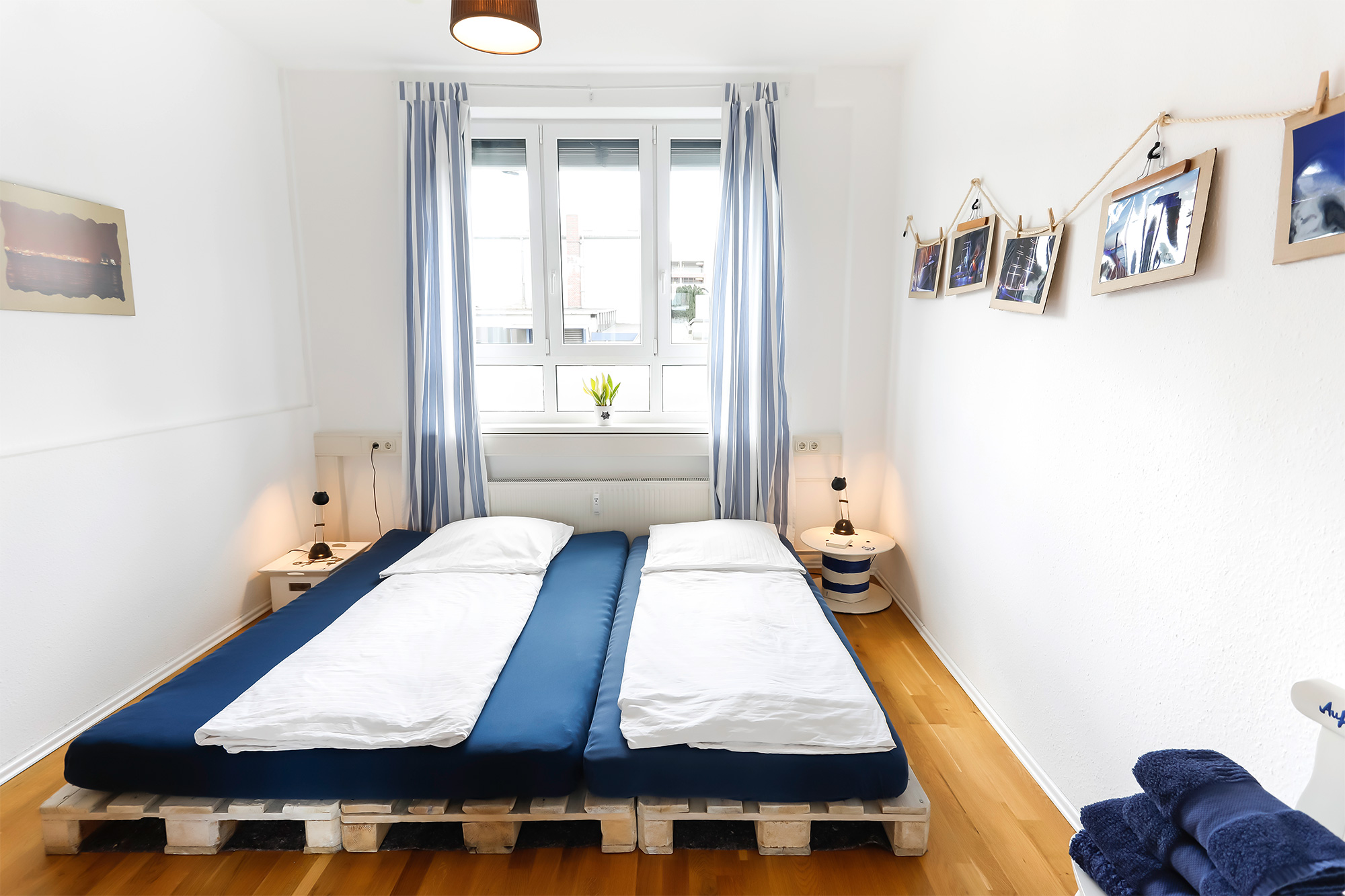
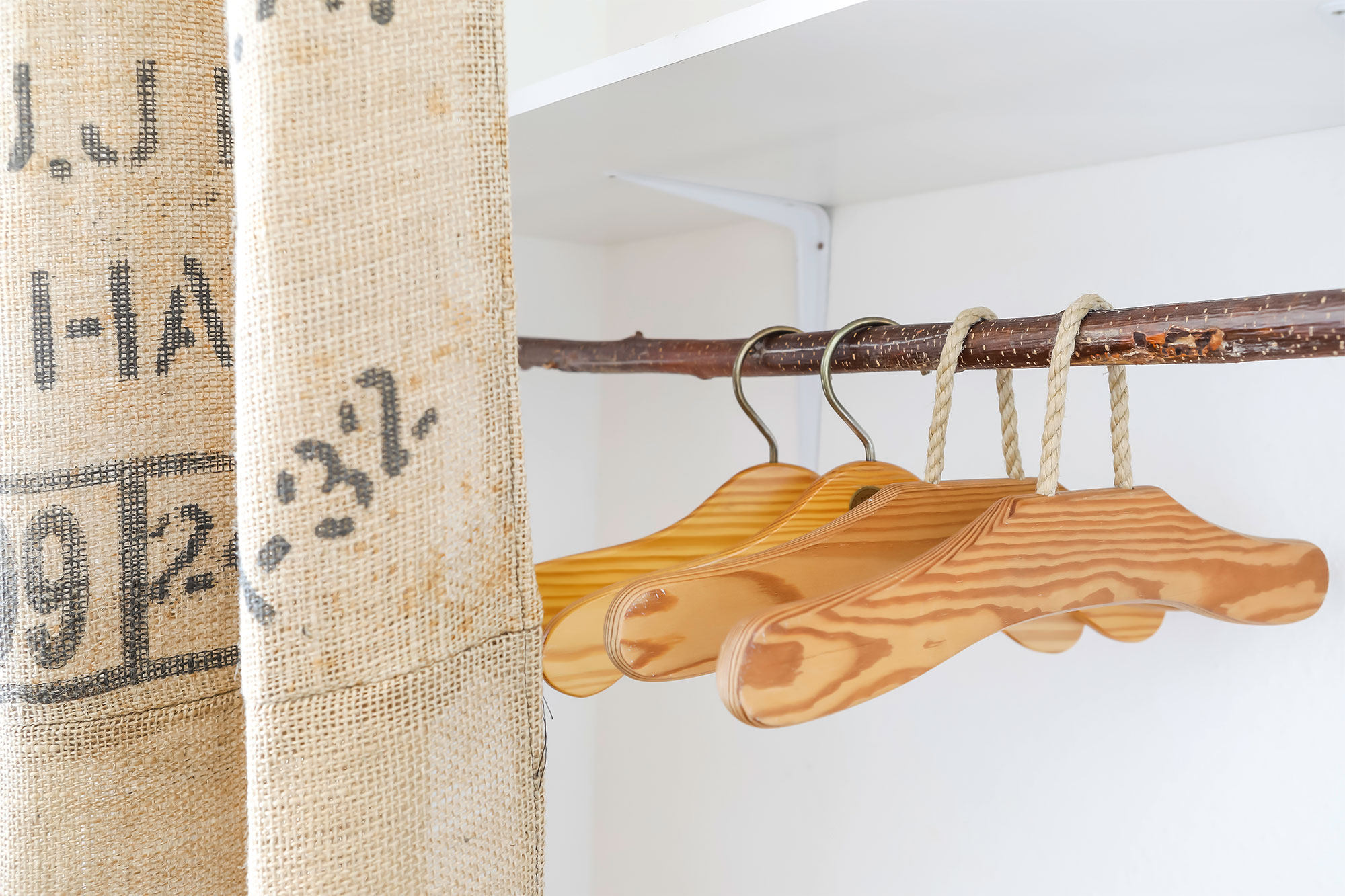
The operator of the Green Havens in Hamburg, who is a trained hotel specialist, was tired of being constantly confronted with wasted food and resources in her everyday work. That is why she opened her own bed and breakfast in 2014, which serves a purely vegan breakfast every day. Thus, the Green Haven is Hamburg's first purely vegan accommodation! There are a total of three individually furnished rooms, a holiday apartment and a small construction trailer. In the cozy common room with kitchen, you can not only look after yourself wonderfully packaging-free, but also get into conversation with other guests.
Double rooms from 40 euros per night. You can find more information here
5. Accommodation tip: Green Phenicia in Lübeck
The apartments of Green Phenicia in Lübeck invite guests to try out the packaging-free way of life. In the well-equipped kitchens of the apartments, for example, there are numerous long-life staple foods in organic quality, all of which were bought in the Lübeck unpackaged store. In the rooms, on the other hand, there are mostly home-made, original living and lighting objects made from found driftwood, as well as old pallet and scaffolding planks.
The concept of “waste reduction” is present throughout the house, but it is not presented in an uncomfortably instructive way. On the contrary, the furnishings clearly show how uncomplicated and livable a sustainable lifestyle can be. In addition, Dany and Anni meet friendly hosts who are happy to share their very personal recommendations for the beautiful Hanseatic city of Lübeck.
Apartment from 80 euros per night. You can find more information here
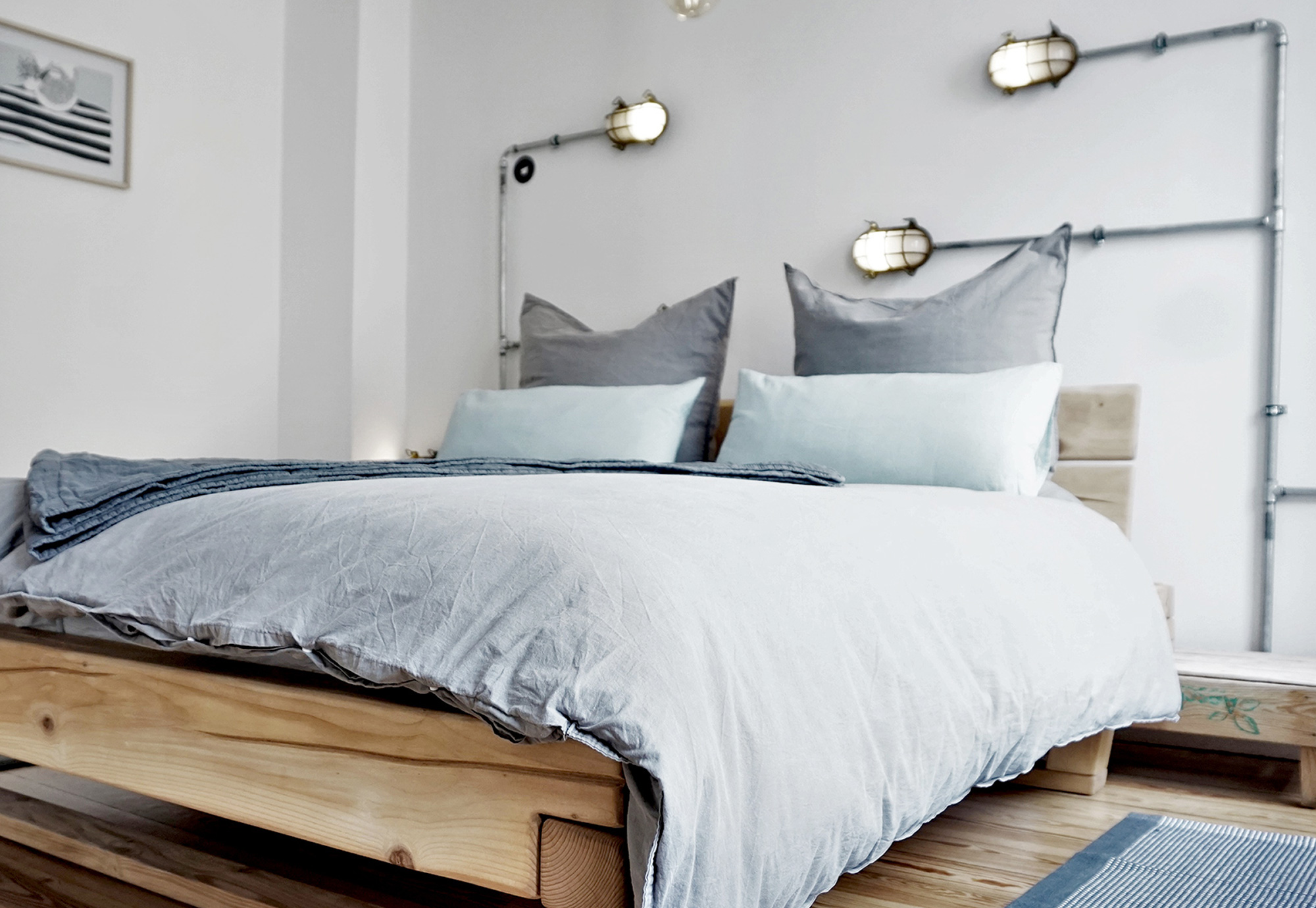
6. Accommodation tip: Janbeck's FAIRhaus on the Baltic Sea
Awareness of social responsibility and the pursuit of holistic sustainability is essential for the operators of Janbeck's FAIRhaus the innermost driving force. Since 2002 they have been running the thatched three-sided farm from 1759 with a total of seven holiday apartments in the Angelner landscape in the northernmost corner of Germany.
If you don't feel like looking after yourself in your own kitchen, you can visit the FAIRcafé. According to the principle of slow food and FEINHEIMISCH, mainly dishes that come from the immediate neighborhood or the region are served here. In addition to creative cake creations, there is fair trade coffee and delicious snacks.
Double rooms from 60 euros per night. You can find more information here
7. Packing tip: Cotton bags for rolls, bread & Co.
Cotton or linen bags should also not be missing in luggage on unpackaged trips. They are particularly practical for purchases from the bakery around the corner, from the weekly market or unpackaged shop nearby. This saves a lot of annoying plastic bags.
8. Packing tip: Solid soaps instead of shampoo and liquid shower gel
Soap for the body and hair saves unnecessary plastic packaging that shower gels and liquid shampoos bring with them. How good that large drugstores now also offer solid shampoo for the hair in the form of soaps. Some soaps even combine hair and body care in one soap, making it unnecessary to bring two different soaps with you.
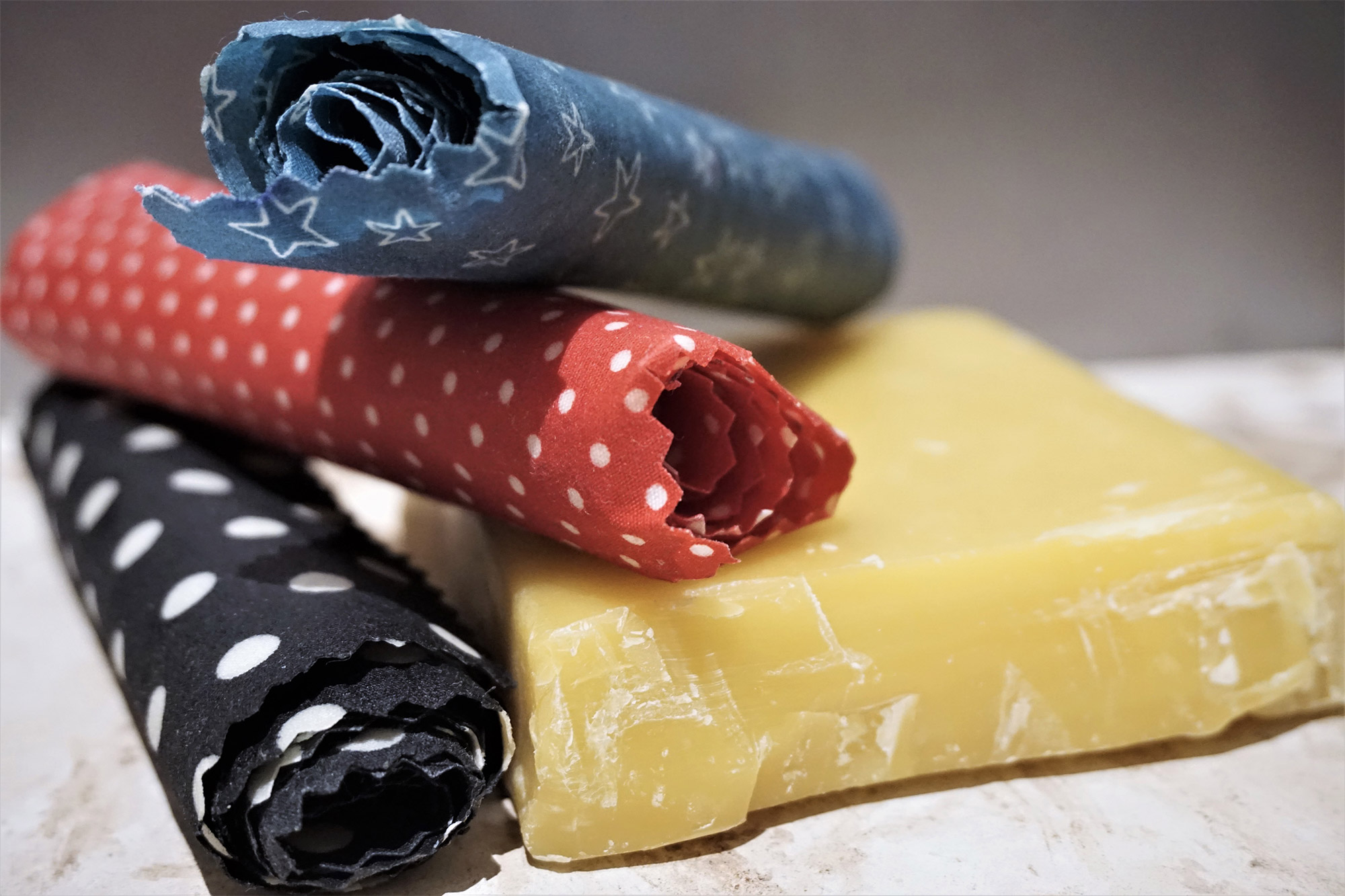
9. Packing tip: toothbrush made of bamboo or wood
Also already available in large drugstores: Toothbrushes with bamboo or wooden holders. They should also not be missing from the packing list for unpackaged travel. Here, the plastic holder from commercially available ones is completely dispensed with, which usually even looks nicer.
10. Packing tip: Washable cotton pads
Reusable cotton pads, which can be washed without any problems and can be used several times, are also practical. If you want, you can use old fabrics (for example, old cotton covers) for the cotton pads. Instructions for sewing cotton pads yourself can be found on the Internet, for example here.
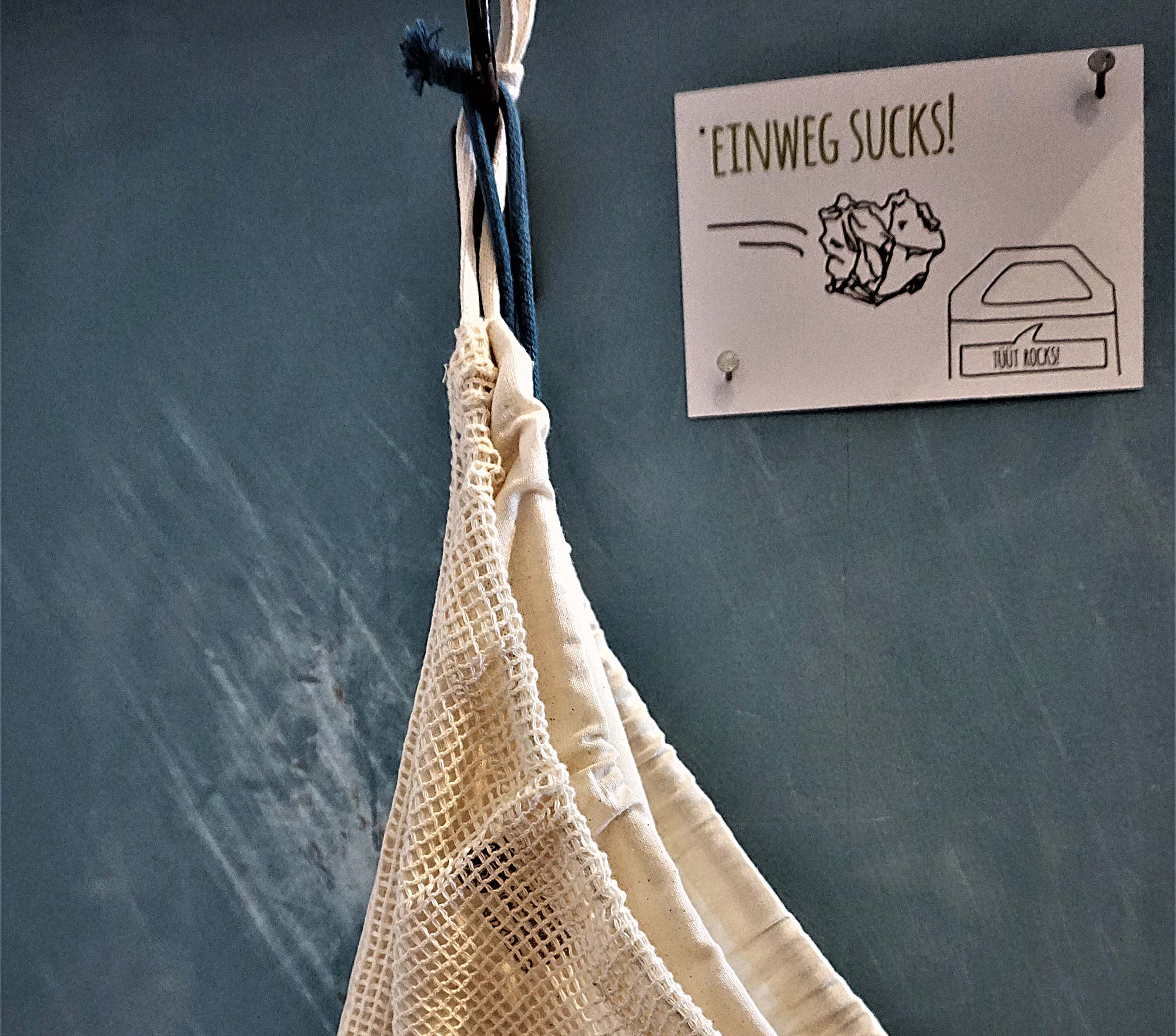
Lisa Klakow
Lisa helped set up the Good Travel Blog and will write for us as a freelance author in the future. She is passionate about traveling and dancing around the world with a small ecological footprint.






COMMENT